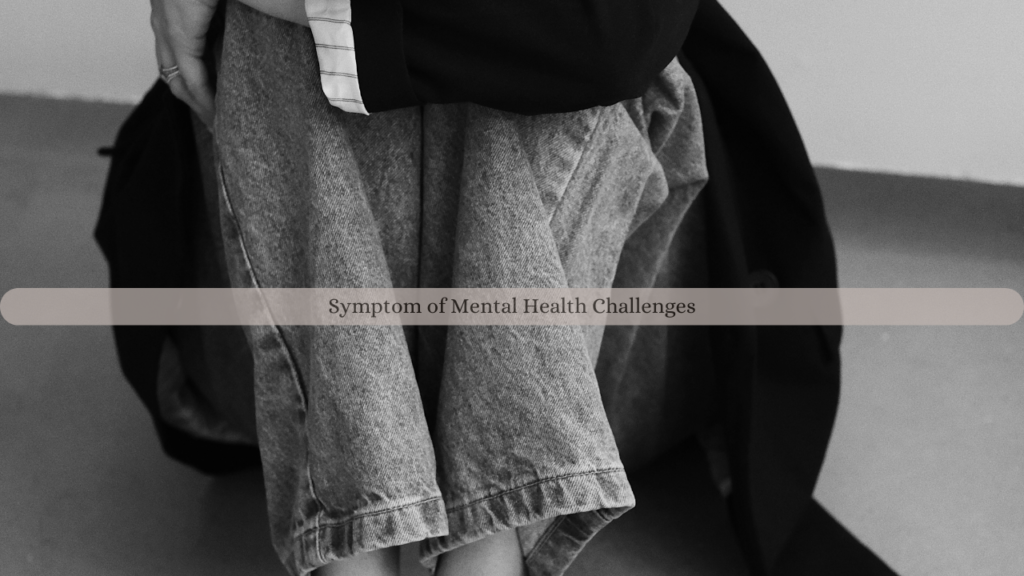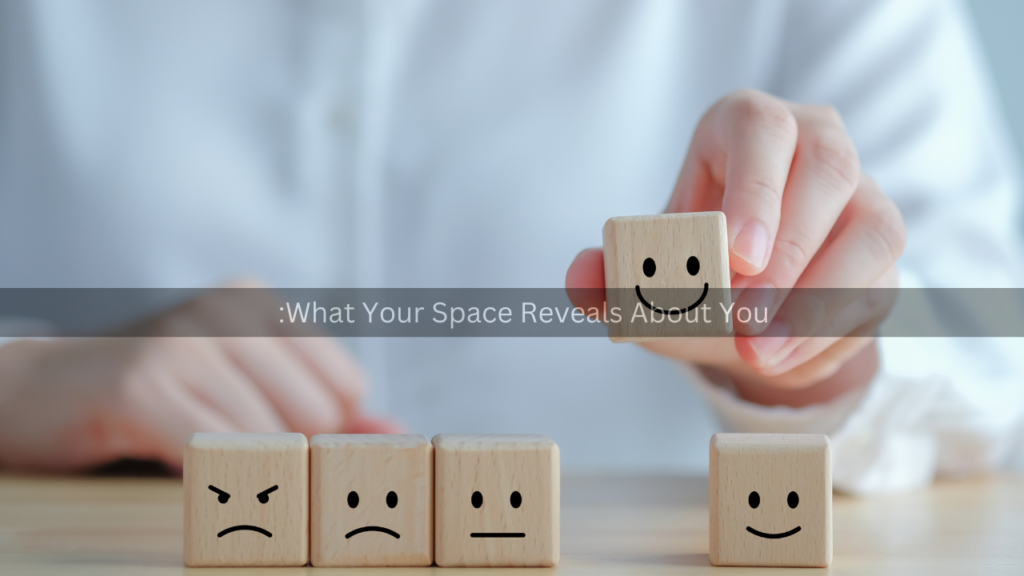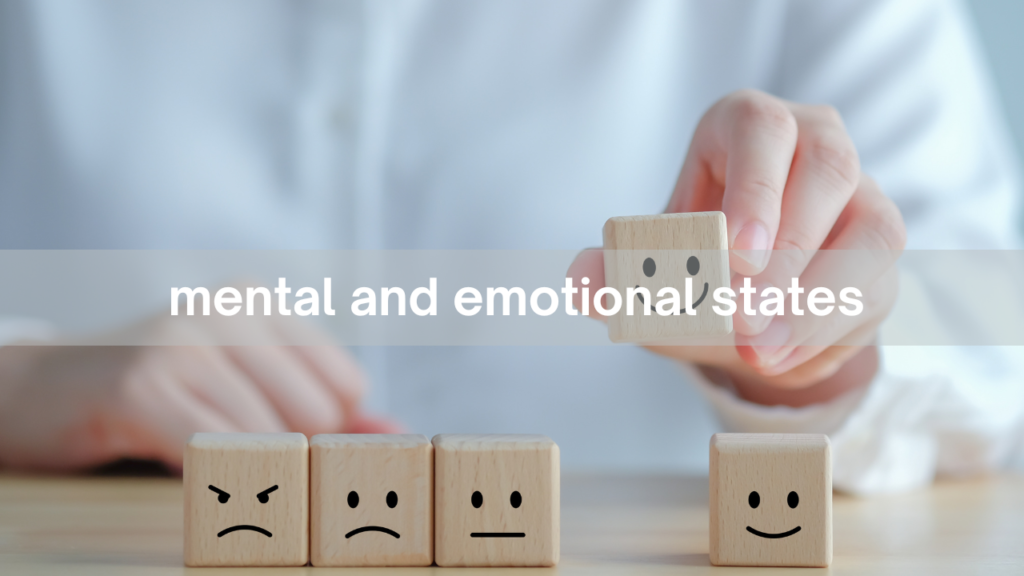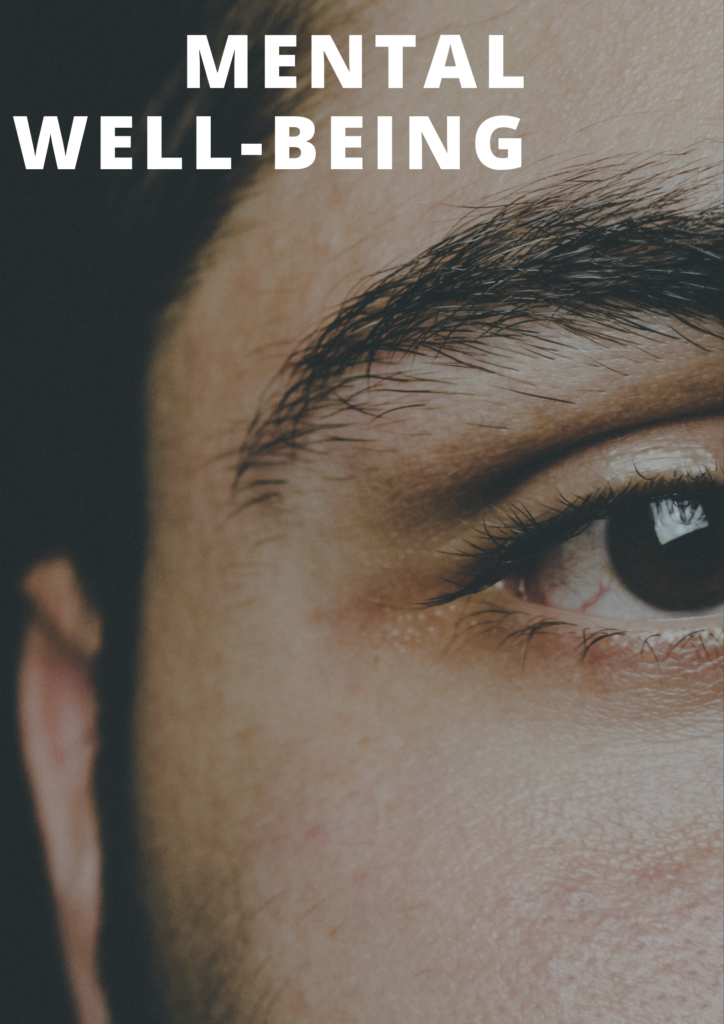
Addiction is more than a physical dependence—it impacts the emotional and psychological well-being of individuals, often leaving them feeling isolated, unworthy, and disconnected. In recent years, the field of addiction recovery has expanded to include innovative, holistic methods of treatment. One such approach is animal-assisted recovery, where interactions with pets and wildlife are used to foster emotional healing, reduce stress, and rebuild a sense of connection.
The Science Behind Animal-Assisted Therapy
Animal-assisted therapy (AAT) involves guided interactions between individuals and trained animals, often facilitated by a licensed therapist. The presence of animals has been shown to release oxytocin, a hormone associated with bonding and trust. It also reduces cortisol levels, alleviating stress and promoting relaxation. These physiological changes can make a meaningful difference in early recovery, when anxiety, depression, and emotional vulnerability are common.
Animals offer unconditional acceptance, which is vital for individuals struggling with feelings of guilt, shame, or low self-esteem—common barriers to recovery. A pet doesn’t judge; it provides consistent affection and presence. This emotional support can help individuals begin to trust again—both in themselves and in others.
Building Responsibility and Routine
One of the greatest challenges in addiction recovery is establishing healthy routines. Caring for a pet introduces structure: feeding, walking, grooming, and attending to its needs. This routine helps to anchor individuals in daily life and fosters a sense of responsibility. These small, manageable tasks can be transformative, especially for someone emerging from the chaos of addiction.
Moreover, the responsibility of caring for another living being can instill a sense of purpose and accountability—two essential elements in maintaining sobriety. This relationship can motivate individuals to stay clean and prioritize their own health for the sake of their animal companion.
Wildlife Encounters and Natural Connection
While pets provide daily comfort and companionship, wildlife interactions can be equally powerful in a different way. Observing animals in their natural habitats—such as birds, deer, or foxes—can evoke a sense of wonder and presence. These encounters ground individuals in the moment, fostering mindfulness and reducing obsessive thought patterns that often fuel addictive behaviors.
Programs that incorporate wildlife rehabilitation or equine therapy into their recovery plans have seen notable success. Activities like grooming horses, feeding animals, or simply being in their presence teach empathy, patience, and nonverbal communication—skills often eroded during active addiction.
The Emotional Healing Power of Connection
Perhaps the most profound benefit of animal-assisted recovery is emotional reconnection. Addiction thrives in isolation; recovery thrives in connection. Animals, through their loyalty, sensitivity, and companionship, offer a bridge back to human relationships. They help individuals practice trust, manage emotions, and experience nonverbal love and support—all without fear of rejection.
Conclusion
Animal-assisted recovery brings a unique and deeply healing element to addiction treatment. Whether through the unconditional love of a pet or the awe-inspiring presence of wildlife, these interactions can mend the emotional wounds of addiction and pave the way to lasting sobriety. In a world where words often fail, animals speak to the heart—offering comfort, connection, and a powerful reminder that healing is always possible.








